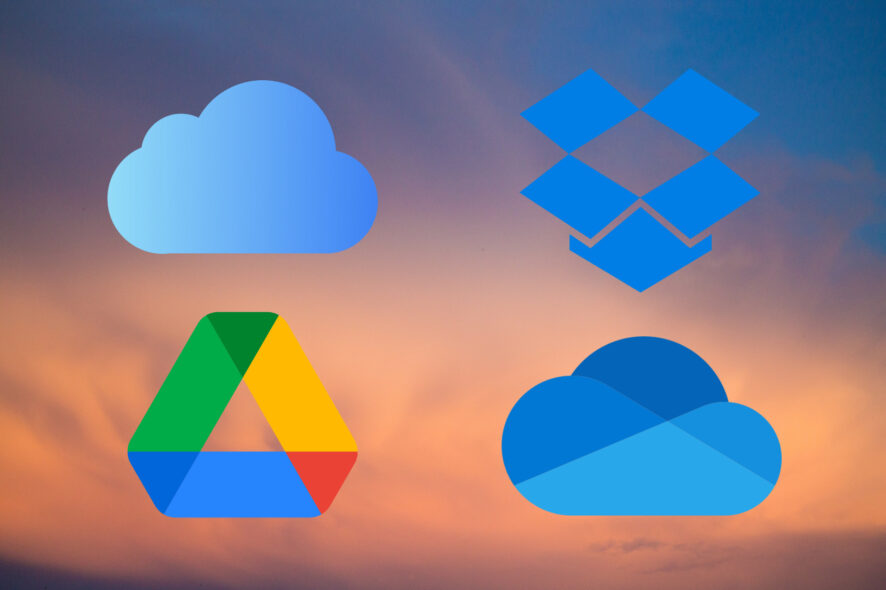What are the Disadvantages of a VPN?
If there’s one cybersecurity tool that tons of internet users are taking advantage of it’s a VPN. We’ve all heard about how great a VPN can be — from unblocking your favorite movies and TV shows on Netflix to keeping your devices away from cybercriminals with malicious intentions.
But unfortunately, there are sometimes drawbacks to using a VPN. Below, we’ll dive further into the disadvantages of a VPN and what you need to look out for when choosing one. There are several important guidelines that you must follow if you want to take advantage of this powerful cybersecurity tool.
Along the way, we’ll also take a closer look at how a VPN works and why you should consider using one despite the disadvantages that you might encounter. Keep reading to find out everything you need to know about VPNs before you get one installed on your device.
What is a VPN?
A VPN, also known as a virtual private network, is a cybersecurity tool that will encrypt your internet connection. With an encrypted internet connection, no one can see what you are doing on your devices. Not even the government or your internet service provider can keep track of your internet traffic. In other words, a VPN is the ultimate digital tool for privacy and security!
VPNs have additional features that allow you to alter your virtual location as well. You can change your device’s location by connecting to a secure global server in another country or city around the world. By doing so, your real IP address will be masked, and your device will adopt the IP address of the server to which it is connected. An IP address is a unique string of numbers that are used to identify your device on the internet — one of its primary roles is to pinpoint your physical location. Changing your IP address will trick websites into thinking that you are accessing it from elsewhere.
Why is this a helpful feature? Being able to change your location at the click of a button will allow you to bypass those annoying geo-blocking restrictions that prevent you from watching that new movie on Netflix that everyone in America has been raving about on Twitter. It will also allow you to bypass internet censorship, which has become common in many countries around the world in our modern society!
Is There a Disadvantage to a VPN?
While all of the features of a VPN might sound fantastic, there are some drawbacks that you might want to hear about before installing a VPN on your device. While not necessarily deal-breaking, these drawbacks are important to know about before you install a VPN.
The first drawback that you might encounter is slower connection speeds. Since a VPN uses different servers to route your internet traffic and hide your location, you may find that websites and social media platforms take slightly longer than usual to load up while your VPN is active. Changing to a secure server closer to your physical location could help to speed up your connection!
Many services such as Netflix are strictly against the use of VPNs. While some VPNs can still be used to access Netflix and other entertainment services, there is the risk of having your account suspended if you’re caught. Some VPN vendors don’t even allow you to access these platforms because of this reason, so it’s something to pay attention to.
Using a VPN may be illegal in some countries. Countries that actively employ internet censorship within their borders such as the UAE, China, and Russia, may also ban the use of VPNs. While there aren’t any reports of anyone being arrested or fined for using a VPN, it’s best to be careful when you’re in any of these countries. In addition, you need to make sure to install a VPN on your device before visiting these countries as they will also block any websites that allow you to install a VPN on your device.
Finally, you might experience interruptions in your connection when using a VPN. Depending on the quality of your VPN and the servers that they use, you may find that your connection is often interrupted as the VPN tries to connect to the server of your choice. The solution is to select a different server — again, choosing a server closer to your physical location is the best option.
Should I Get a VPN?
While it might seem like there are a lot of drawbacks to having a VPN installed on your device, you still need to decide on whether you need one or not. At the end of the day, it comes down to your needs and requirements for a VPN. If you do decide that you need to have a VPN installed on your device, make sure to do thorough research on it beforehand.
Using a VPN is incredibly important if you’re traveling abroad. Foreigners often find themselves victims of cybercrime when they use public WiFi hotspots in foreign countries. These hotspots, such as the ones found at airports, hotels, and restaurants might be an incredibly cheap and convenient way to get access to the internet, but they usually use unsecured connections to do so.
Unsecured networks are where cybercriminals thrive. Hackers can “listen in” on devices that are connected to the same network. This form of digital eavesdropping allows hackers to steal any data that your device sends and receives from the internet — including your login credentials, personal information, and even your banking details.
While using a VPN, your connection will be secured which prevents cybercriminals from accessing your device and eavesdropping on it. This will ensure that your devices remain secure while you’re abroad.
There is one golden rule that you always need to follow. You need to make sure to avoid free VPNs and always invest in premium VPNs. Free VPNs can come with a ton of drawbacks including less security, more ads, slower connection speeds, daily data limits, and a smaller selection of global servers to choose from.




